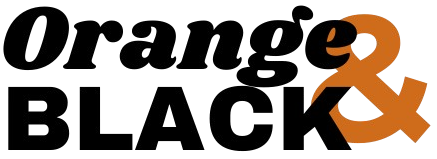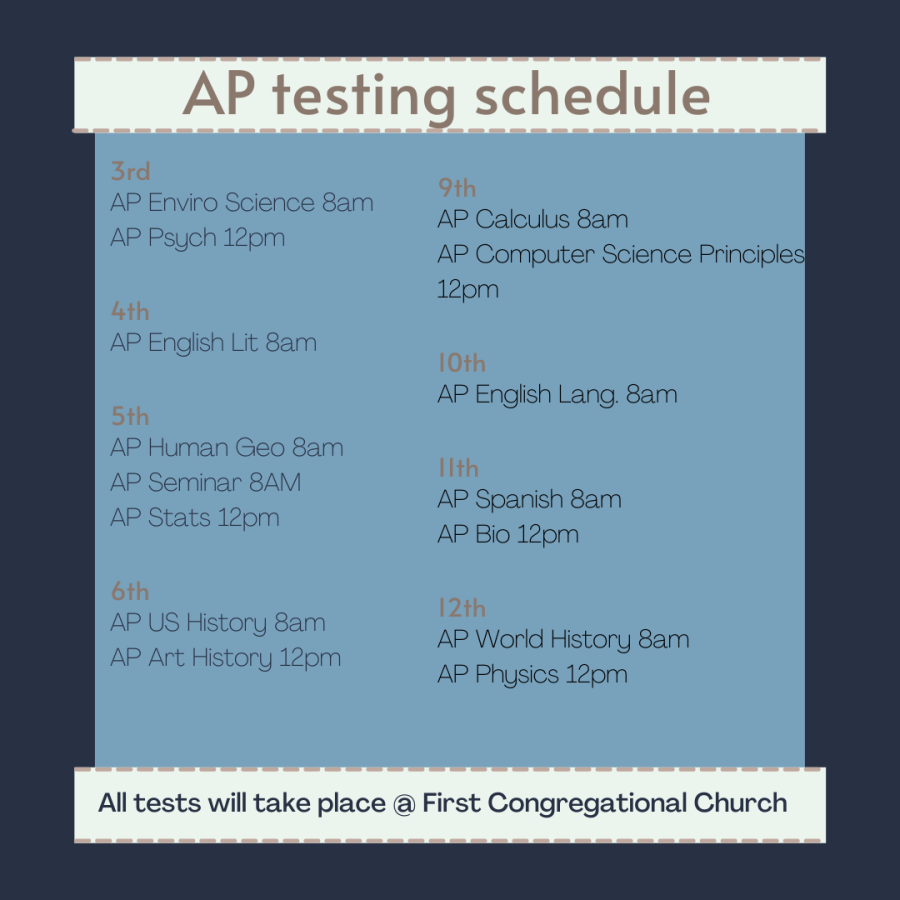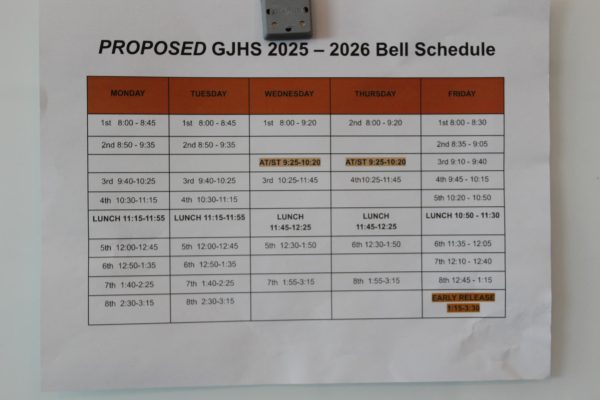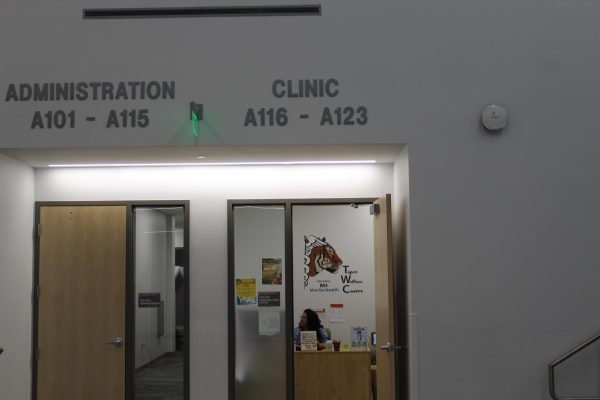Teachers offer advice for AP exams
Sleep well, eat well, be confident, and push through
With AP tests just around the corner, teachers have insight on what students can do to prepare for success.
GJHS teacher Cody Brunton encouraged students: “Sleeping well the entire week of the exam is really important. I encourage [students] to eat properly the day of the test (and every day). Lastly, some motivational talks are important. We work really hard to get ready for this so knowing that the skills we have accumulated all year long should make this ‘automatic.’”
Students will take Advanced Placement tests from May 3-12. GJHS teachers offered this advice to students:
Megan Read, who teaches AP literature during 1st and 5th hours:
“[She takes] data from their mock exams to create specific lessons to help them improve their multiple choice scores and their writing for free response questions. [She tries] to balance having students practice enough, but since burnout is a real thing, [they] don’t write or answer multiple choice questions every single day. [They] practice timed writing and multiple choice taking, and then discuss them at length and look at scored samples in order to compare with and reflect on the writing [they] have done. Finally, [she reminds] them that our year-long class has consisted of far more than just prepping for a one-day, three-hour exam, and that [she believes] in them even if they don’t get the most amazing score.”
Michelle Davis, who teaches AP Biology 1st and 2nd hours:
“Keep working on [their] material. A marathon is 26.2 miles, you don’t run 25 miles and then quit. You’ve got to stick it out to the very end. Keep studying and don’t get complacent about your practice exams and textbook reading.”
Brunton, who teaches AP seminar during 4th hour:
“One of the best things [AP seminar kids] can do all year to prepare is to simply read. What I mean is that this class is hugely based on understanding how to evaluate arguments and how to create our own arguments. So, the more you read, the more you understand the author’s line of reasoning. Also, when taking the exam, having knowledge outside of the texts they are given can be extremely beneficial. They are required to examine a set of texts and create an argument based around a common theme, so having real world evidence outside of the exam is a great skill.”
Your donation will support the student journalists of Grand Junction High School. Your contribution will allow us to purchase equipment and cover our annual website hosting costs.

Izzy Cornelison is a senior at GJHS, and the Editor in Chief for the Orange and Black Newspaper. Some of her hobbies include: theater, choir, orchestra,...






